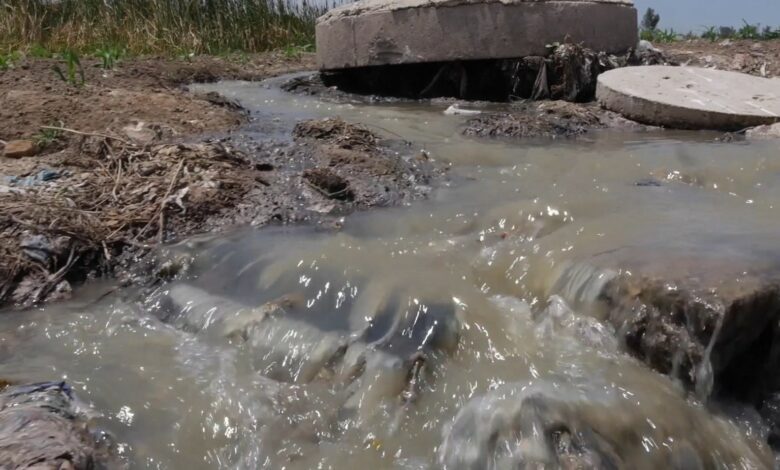Fast food outlets major contributors to sewer siltation: BCC

Fast food outlets in Bulawayo have been found to be among the major culprits of clogging the sewer system by discharging hot effluent that solidifies within the sewer pipe causing blockages, the city council has said.
According to council experts, these heavy solids may induce silting of the sewer line leading to reduced flows resulting in backflows, blockages and bursts, while it may also lead to septicity and production of hydrogen sulphide.
Speaking on the effects of trade effluent on water waste management at a Water and service Delivery Indaba held at the Large City Hall Thursday, BCC Principal Chemist, Clout Moyo urged the industry to be wary of the effluent they discharge into the sewer system.
“We have realised that fast food outlets have become a problem in this area. Every time, food outlets discharge effluent that is hot and this effluent leaves the plant company in liquid form because it’s very hot but along the way it changes and becomes solid. That solid causes siltation of the sewer and downstream the sewer will not flow by backflowing,” he said.
“That is a cost to the council because the council now has to clean those sewers and try to remove that dirt within the pipes.”
Moyo added that some industries even discharged acidic effluent that corroded sewer infrastructure.
“Acidic vapours occasionally escape from the main effluent body to the upper part of the sewage pipe where they attack and weaken the sewer fabric, over time leading to sewer collapses in extreme cases,” Moyo noted.
“The corrosive effect is common where the effluent contains a high concentration of sulphate for example. In an acidic environment sulphates are converted to hydrogen sulphide which is very corrosive and toxic to infrastructure and workmen respectively.”
Moyo requested companies to check the quality of their waste so as to make it easier to sewer infrastructure.
“Industry must not only check the quality of raw materials or products but also their effluent. Most of the time, our industry is more concerned about the quality of raw materials, wanting to make sure it’s up to standard as recommended by international bodies and make sure their product is also of high-quality standard. But what comes out as the waste from that production they don’t mind,” said the principal chemist.
“As a council, we are saying ‘manage your waste.’ Industry must know what they discharge. For example, if in a brewery produces solid effluent, it must make sure its solids are around 600 milligrams per litre so that municipal treatment plants are able to treat the effluent. Otherwise, it is very difficult for us to treat it.”
Moyo noted that if the council failed to treat the discharge, the local authority paid “heavy fines and charges” to the Environmental Management Agency (EMA).
He added that the industry must put up pre-treatment facilities at their premises before discharging to the city’s sewerage system.
“The other problem is the general public who must desist from deliberately blocking the sewerage system in order to access water for their gardening projects,” Moyo said.
Moyo noted that to manage the effluent, BCC has currently in place the ‘Polluter-Pays-Principle’ where industry pays a levy to council based on the volume and quality of effluent they discharge to the municipal sewer line.
Remarking on the role of industry and commerce in water footprint management and environment management, Delta Beverages Plant Engineer, Tawanda Mutangi, said the company had a process implementation strategy that consisted of scope development of its operations from start to end, where the company checks where products are coming from and going to.
He encouraged other companies to have like-minded approaches.
“We have minimum effluent we discharge, since 98 to 99 percent of the product we have, uses raw water so there’s little discharge that does not have a huge impact on the ecological system including the chemicals that we use and also has little impact on the environment,” Mutangi said.





